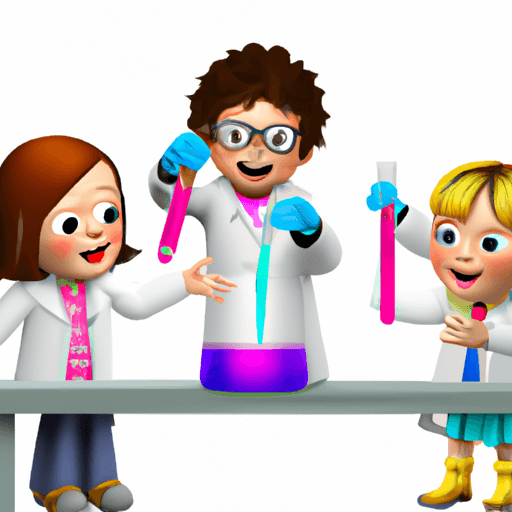The Benefits of Experiential Learning in the Classroom
Experiential learning, also known as learning by doing, is a powerful educational tool that can help students of all levels and backgrounds engage deeply with the material they are studying. This type of learning encourages students to think critically and explore real-world applications of the subject matter. It can also provide a more interactive and immersive learning experience for students, which can lead to greater engagement and more meaningful learning.
One of the primary benefits of incorporating experiential learning into the classroom is that it can help improve student engagement. By providing students with opportunities to take an active role in their learning, they can become more intrinsically motivated to learn and more likely to remember and apply the material they are studying. Experiential learning also allows students to develop valuable real-world skills, such as problem-solving, teamwork, and communication.
Experiential learning activities can also foster critical thinking skills by giving students the opportunity to explore the subject matter from multiple angles. By engaging with the material in a hands-on way, students can gain a deeper understanding of the concepts and see how they can be applied in the real world. Experiential learning activities can also help students develop their creativity and imagination, which can be beneficial in a variety of settings.
Finally, experiential learning can provide a great opportunity for students to learn in a more meaningful and engaging way. By providing students with relevant, real-world examples of the material they are studying, they can gain a better understanding of how the subject can be applied in their daily lives. Experiential learning can also help students develop self-confidence and build strong relationships with their peers and teachers.
There are many successful examples of experiential learning activities that have been used in the classroom. Some of the most common activities include field trips, simulations, role-playing exercises, and projects. For educators who want to implement experiential learning into their curriculum, it is important to think about how the activity will help students develop the skills they need and how it will help them engage with the material in a meaningful way. It is also important to provide students with the support they need to succeed, such as feedback and guidance from the teacher.
In conclusion, experiential learning can be a great way to enhance the educational experience for students of all levels and backgrounds. By providing students with meaningful, hands-on activities, they can engage more deeply with the material they are studying and develop valuable real-world skills. Experiential learning can also foster critical thinking and promote meaningful learning experiences, making it an invaluable tool for educators.


















Comments
Leave a Comment